The country is coming together to reject the CAA-NRC and protests are happening every single day in some city or the other. One of the most important ways to participate in the Anti-CAA resistance movement is to physically put yourself out there and attend protest marches, to add to the numbers of people that can be seen visibly protesting these draconian measures by the BJP government.
However, physically attending protests may be difficult for people for a variety of reasons – especially for people with mental or physical disabilities or for people from minority communities that have been overt targets for police brutality in the past few weeks. We may also not have workplaces or families that allow us to attend these protests on a regular basis. However, we must find other ways of contributing to the resistance movement.
So how can you mark your protest and strengthen the Anti-CAA resistance movement in India when you are unable to take to the streets? Keep reading!
1. Amplify information
Anti CAA content is all over social media and we are seeing everyone on our feeds constantly sharing articles and posts. Do your bit to educate your circles. Share valuable resources and information on your social media. Include content in vernacular languages so that it becomes accessible to more people.
Do make sure to verify the source and facts from trusted platforms and be a conscious relayer of information. Read up nuanced perspectives and verified facts on whatever is going on and how it affects different sets of people.
2. Talk to the people around you
While social media is where most of us discuss politics, face to face conversations can go a lot further in changing mindsets. A lot of the people around us are still forming their arguments only on the basis of the news shown on television, WhatsApp forwards and Instagram shares. Talk to your family, friends, neighbours, domestic workers, and basically everyone around you and explain to them how CAA is affecting the country and its people. Make sure you remain calm and composed and explain it in a language you think they’ll understand.
You can also go out on in your neighbourhood and hand out pamphlets of information in your local markets, parks or malls, and have conversations with people around. Engage in conversation with people on your commute or in your workplace to educate them about the CAA’s adverse effects on Muslims.
3. Use your creative resources
If you are an artist, filmmaker, musician, or any kind of professional or amateur creative, put your creativity to use and help design posters or cartoons, write articles on your social media or blog and share them with relevant platforms that can help amplify your voice. Some accounts creating and sharing creatives on CAA on Instagram that you can follow are @creativesagainstcaa, @shirtshanks, @sodonechilling, and @kruttika.

Also read: What It’s Like Being The Only CAA-NRC Protester In My Family
4. Organise information
There is a plethora of information available online and relevant things often get lost in a pool of shares. You can volunteer to collate resources such as articles simplifying the policies, details of the protests, rights of the protestors, or dos and don’ts for detainees. Feminism In India has compiled one such list where they are constantly updating details of nationwide protests. Other people have created websites and resources such as WeThePeopleOfIndia.net that is organising and collating resources, including lists of pro-bono lawyers and doctors, etc. You can also either contribute to such lists or share the existing lists with protestors that you know of.
5. Offer your professional services
There is a lot of physical and emotional turmoil that people who have taken to the streets are going through. In this situation, if you are a professional trained in anything ranging from therapy to law to medicine that can help victims of police brutality, please come forward and offer your services pro-bono to those who are in dire need of them. There are several lists where professionals volunteering for such services have given their contact details.
6. Donate to fundraisers
Organising such large-scale protests for the anti-CAA resistance requires funds. If you are unable to take to the streets yourself, contribute to fundraisers for these protests so that everything runs smoothly on the ground. You can also directly reach out to the organizers and ask them what way you can help in. You can check out some fundraisers such as the Joint forum against NRC , and supporting the students of Aligarh Muslim University. You can also help by signing this petition or this Change.org petition against the CAA & the NRC.
7. Ally with existing organizations
Contact a group that is organising the anti-CAA resistance and ask them how you can help. If you have relevant resources, share them with these organisations. That will help amplify your voice and also make that information accessible to a larger number of people. Offer to connect these organisations to people you may know that could help their efforts.
8. Organise talks/film screenings/study circles
If you are a student, you have a large number of students at your institution that you can cater to. You can create open discussion platforms wherein everyone can come together and discuss these issues. You can also invite professionals for talks or panel discussions to engage your peers on how you all can collectively protest against CAA-NRC.
Also read: International Protests: In Unison, The World Says NO To CAA-NRC
This list is symbolic of how many things you can do to protest without coming to the streets, so raise your voice to dissent and help in whatever way you possibly can because, at this moment, every single step matters.
This is by no means an exhaustive or representative list. Suggestions to add to this list are welcome in the comments section.
Featured Image Source: @pearl.dsouza
About the author(s)
Anvi Ahuja is pursuing her bachelor's degree in Political Science at Delhi University. When she's not talking to dogs, you can find her reading, talking about feminism or breaking the taboo around menstruation.
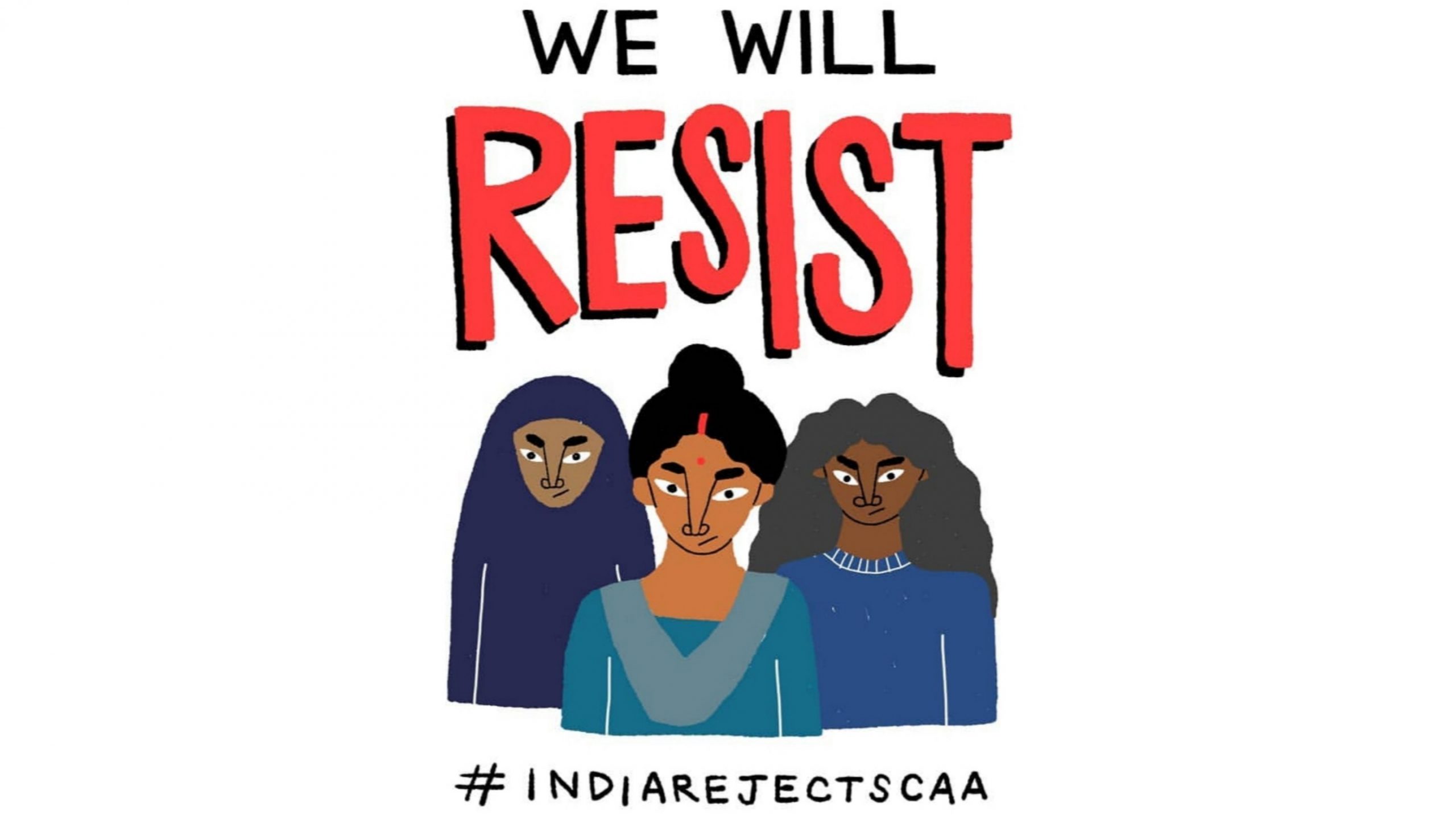
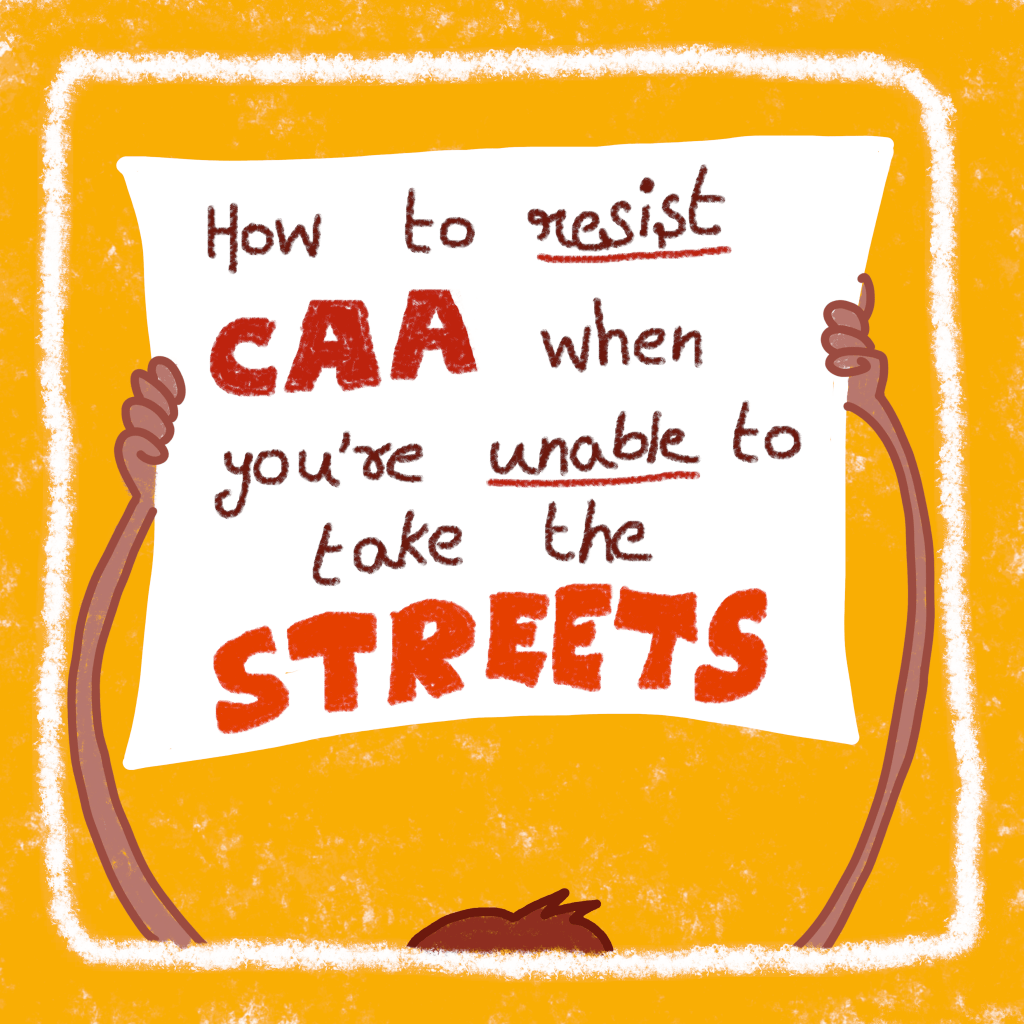
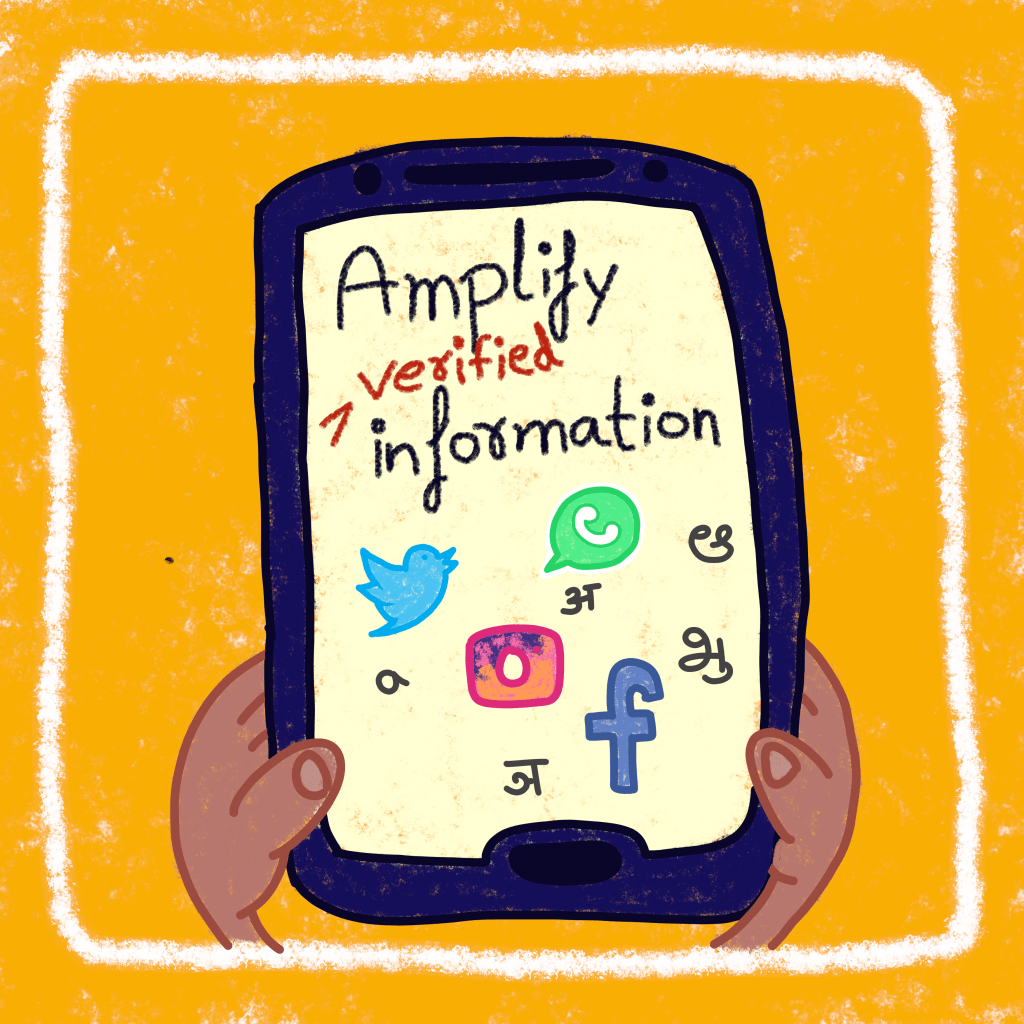
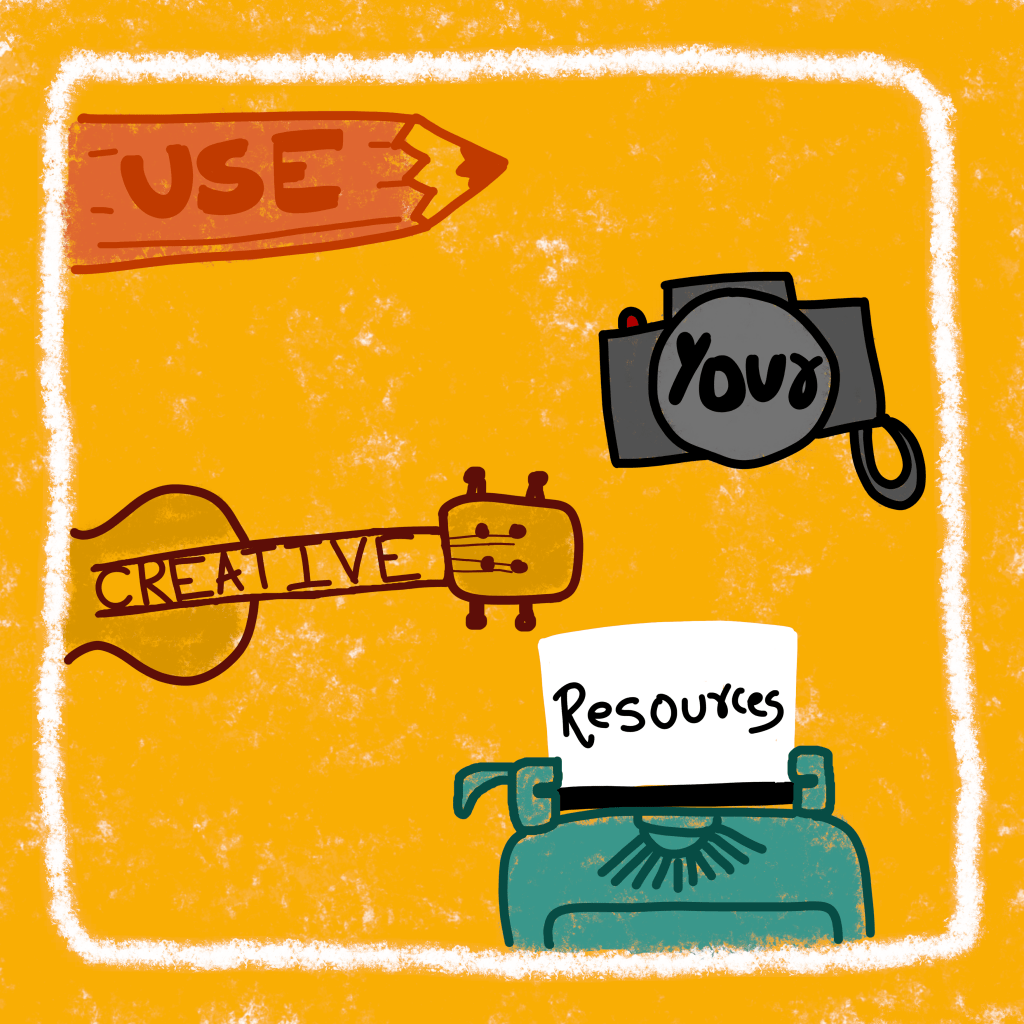
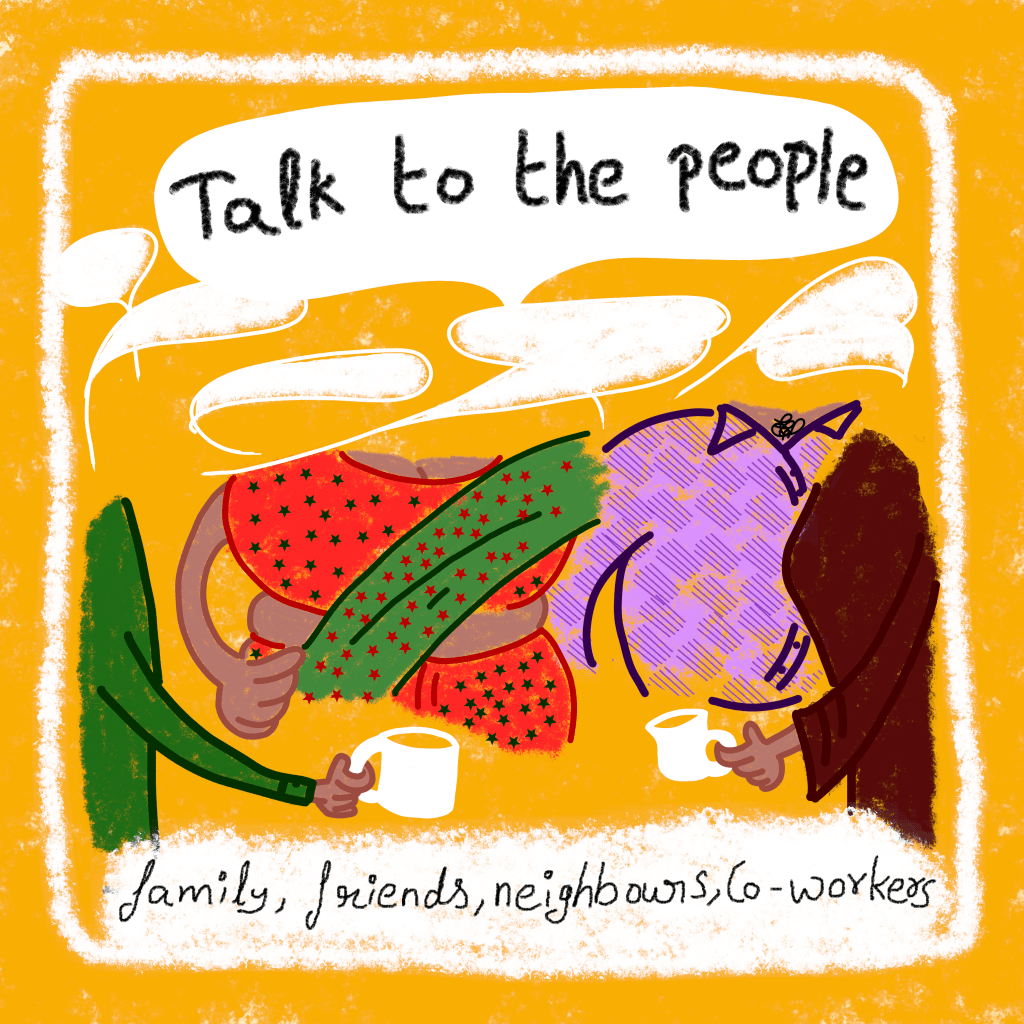
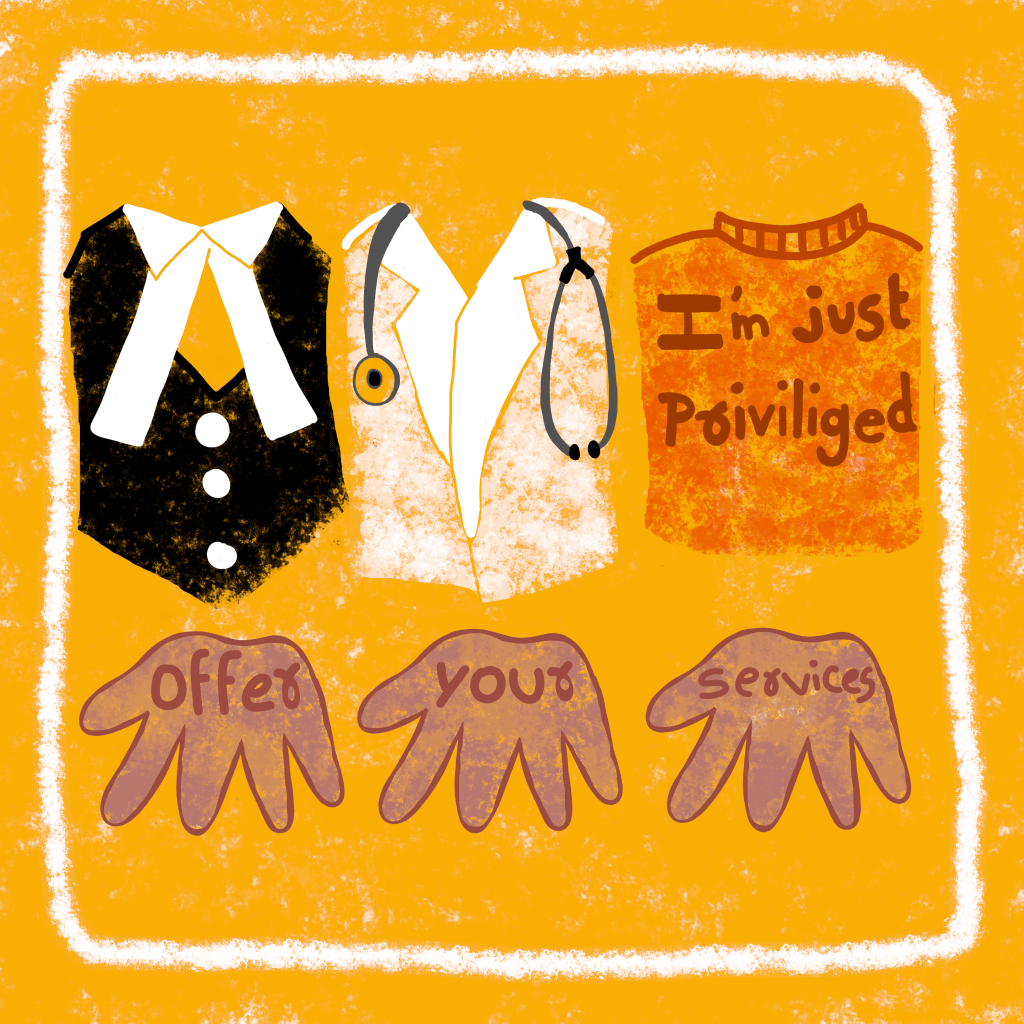
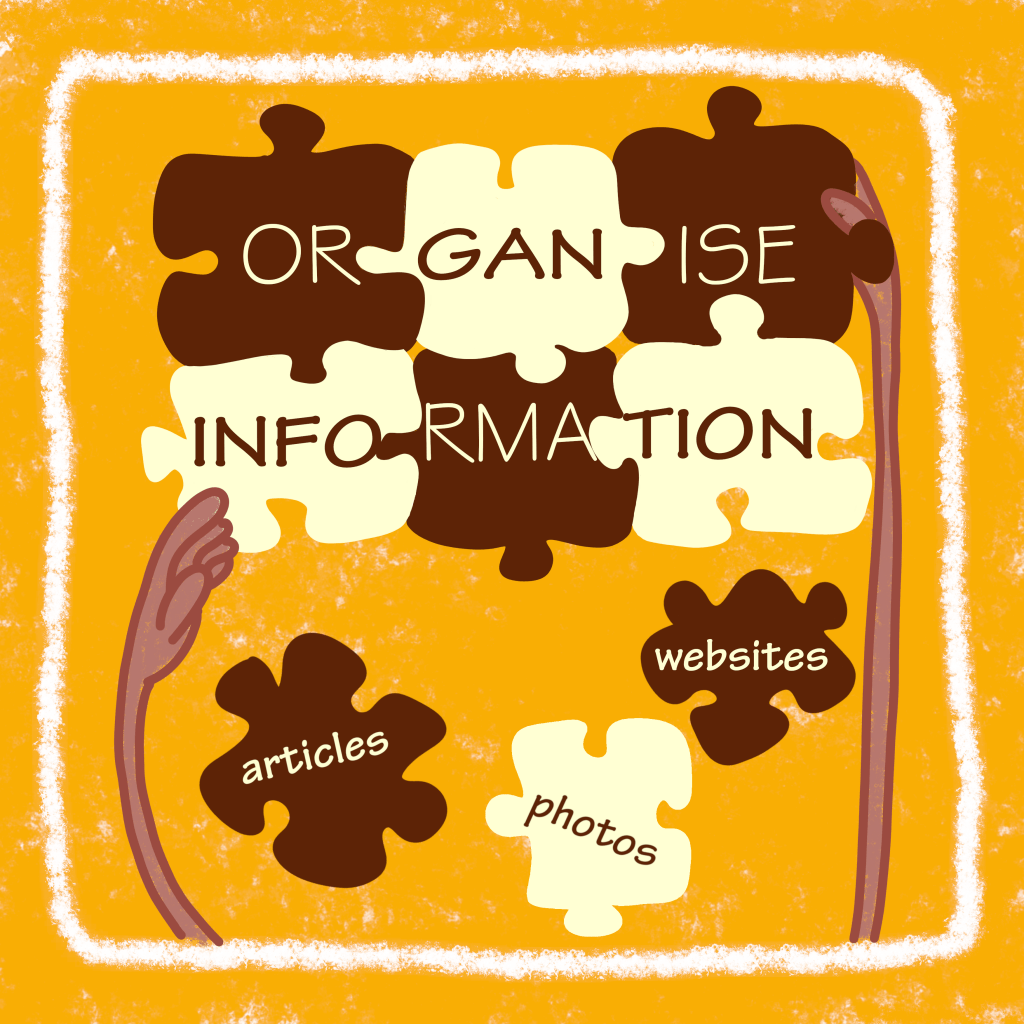
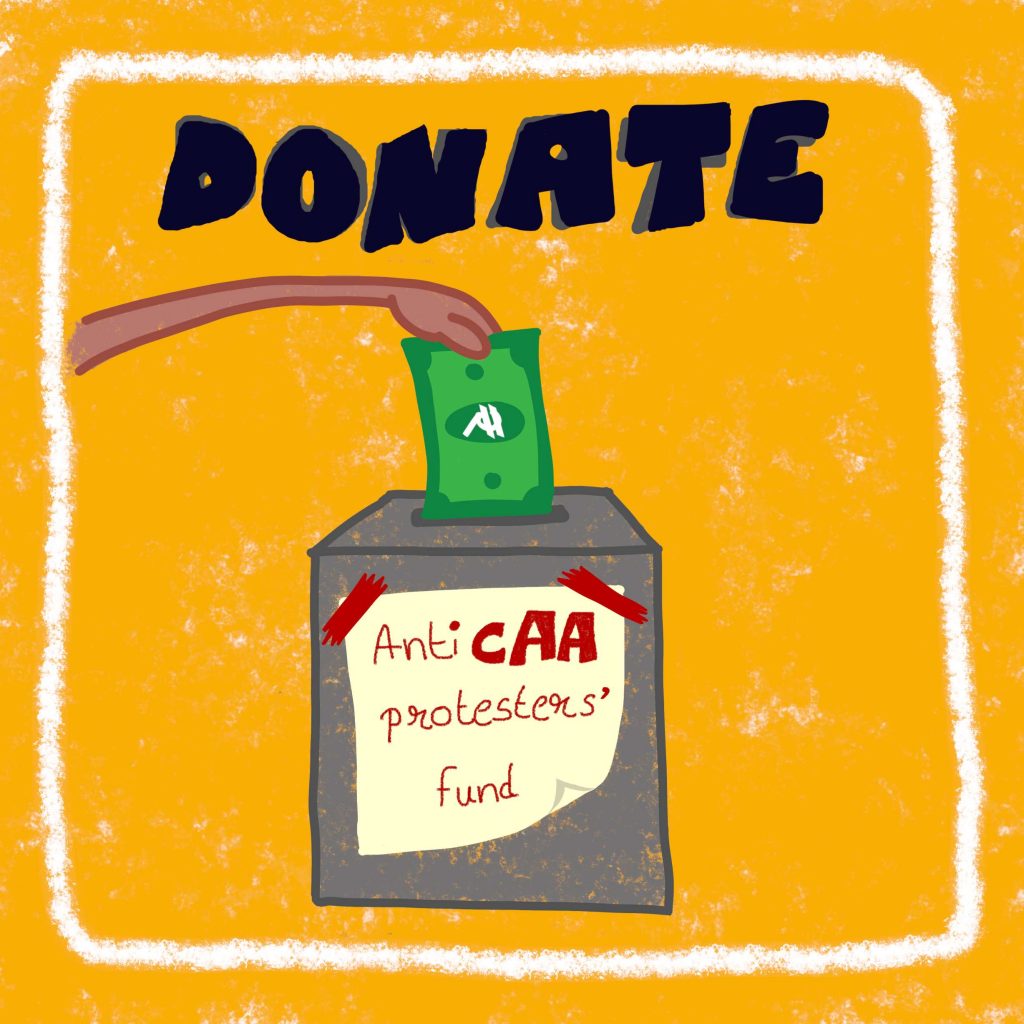
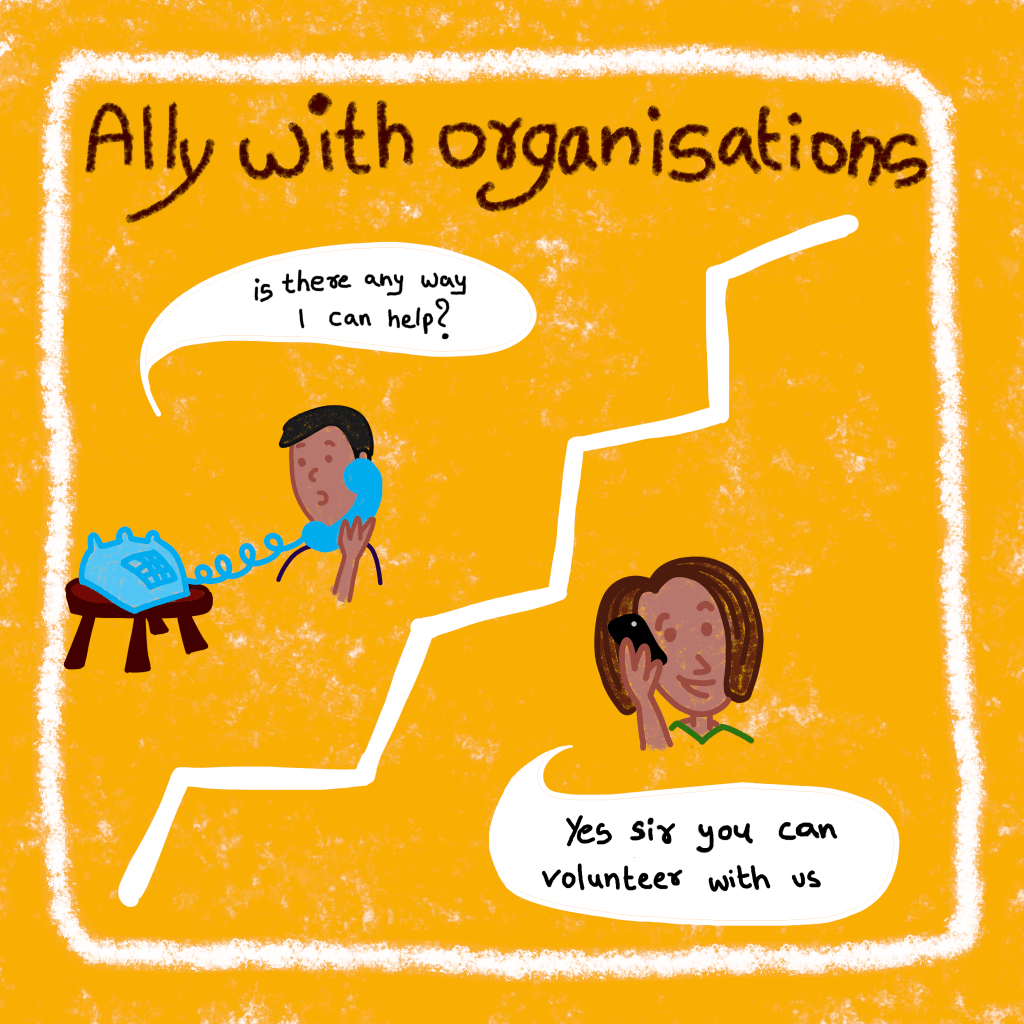
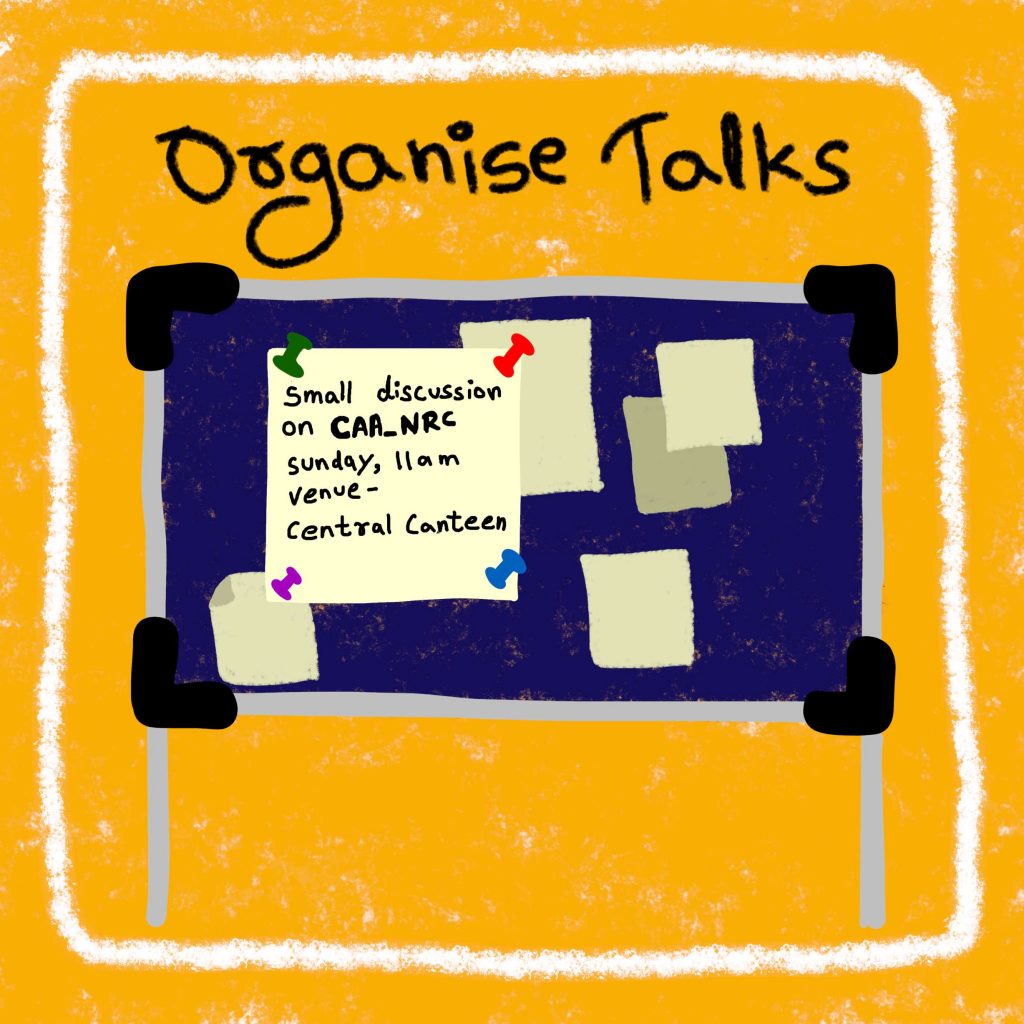


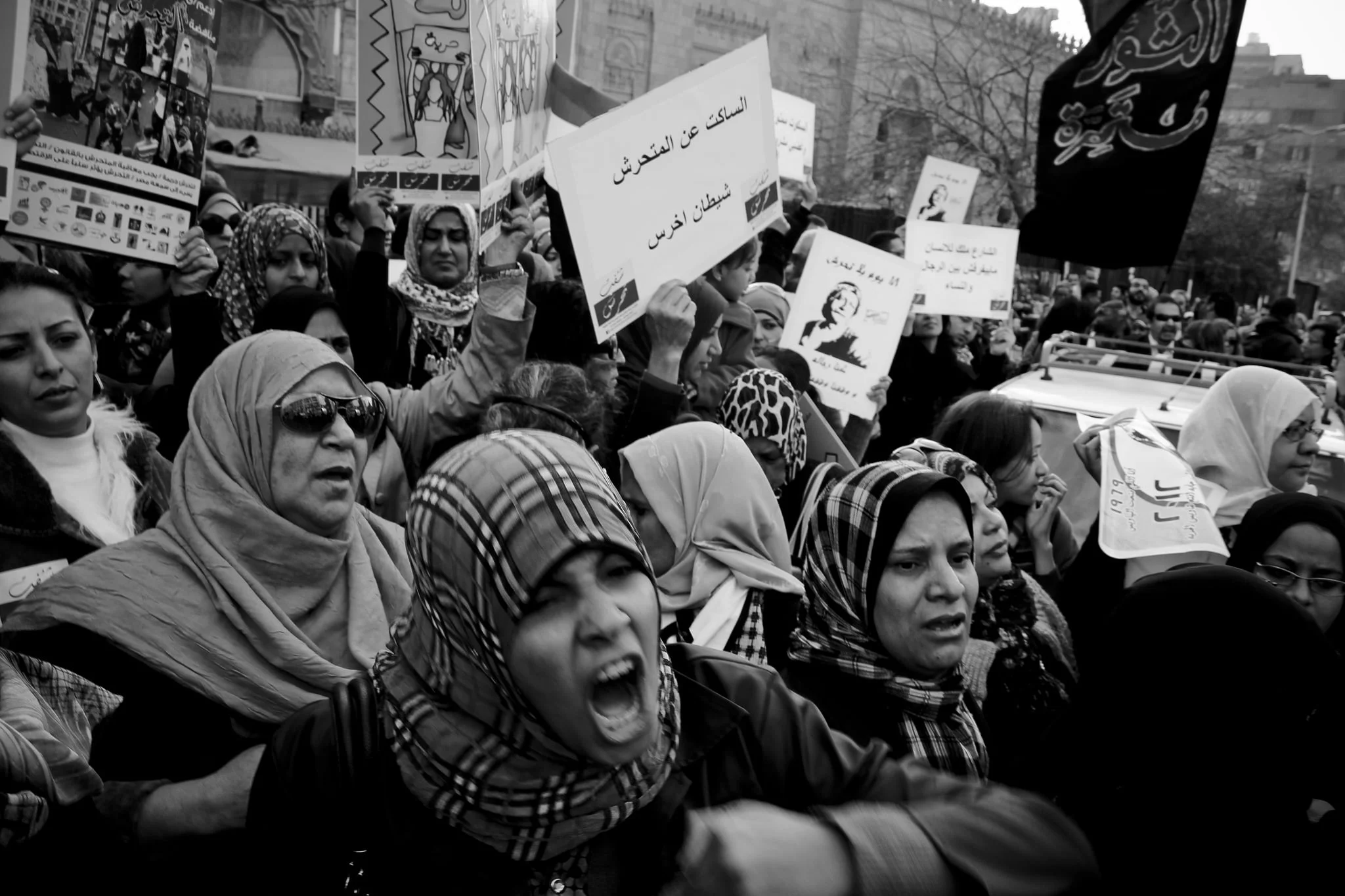

Sir/Madam,
CAA/CAB intends to assist only the religiously persecuted minorities of neighbouring three countries to fast-track to obtain Indian Citizenship. The minorities there are left with no choice but either to convert or to suffer silently mentally, emotionally as well as physically or to some how reach India for free air.
The escape, CAB shortens the duration to acquire citizenship from minimum 11 years to six years for such persecuted minorities that too who reached India before 31 Dec 2014! What wrong did you see here and in what way CAA/CAB puts any Indian at disadvantage, is not fathomed…
Wikipedia, citing the Home Ministry’s Int report, brings out that the immediate beneficiaries of the Amended Act will be 31,313 people which include 25447 Hindus,5807 Sikhs, 55 Christians, 2 Buddhists and 2 Parsis.
However the provisions to obtain Indian Citizenship still remain un-altered, for applicants do not falling within the purview of these amendments.
Why the resistance to pull someone out from such disturbing prevailing situations back home… Not Understood … Can political leanings can be so dangerous and make someone so illogical & cruel hearted…
May be these three countries do not want India to have database to show it to the world that how mercilessly these countries treat their minorities! or could it be that a particular group thinks that the data may paint their “the most tolerant and peaceful” thought process as intolerant …
The yawning gap between preaching and practice will then stand obvious…